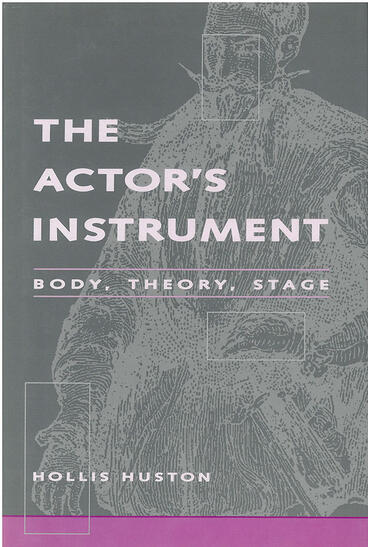The Actor's Instrument
Body, Theory, Stage
Theory of theater from an actor's vantage point that seeks to bridge the gap between performance and thought
Description
Contemporary literary theory, though it sometimes embraces the values of performance, has rarely addressed the concerns of the professional performer. The Actor's Instrument: Body, Theory, Stage reinterprets performance at a theoretical level and applies theory to acting problems in the attempt to offer new options to the professional artist. Hollis Huston scrutinizes with a highly theoretical eye the specific and practical problems of performance, believing that such philosophical thinking will enable artists to reappropriate the powers of the theatrical art.
Huston challenges the notion that the director is the central figure in theater. Drawing on theater history and architecture, on contemporary corporeal research, on philosophies of text and representation, and on his experience in the acting studio, he shows that the director's theater is only one of many ways in which theater might be organized. The Actor's Instrument challenges directors, theater scholars and artists to see theater in a larger context. It offers the acting teacher a new physiological interpretation of the performer's breathing, as it supports voice, movement, role, and the spectator's attention. It describes the performance contract, as it is seen most simply in street theater, and speculates on what a performer's theater might be like. The book also offers a poetics of the central stage and suggests a new way of writing about performance.
Reviews
". . . thought-provoking reading for the teacher of acting or the serious student of the subject of actor training."
- Choice
—Choice
"Reading Huston's The Actor's Instrument, I entered a street theatre of the mind. On each corner and down each alley are performances of thought-meditations on facts of the actor's art--on the breath, on the boundary of the circle of space into which the actor steps anytime she enters the stage, i.e., routines of thought/act that captured my attention, exhilarated my imagination, and made me remember why acting can be a site of profound theoretical/meditational exploration."
- Phillip B. Zarrilli
—Phillip B. Zarrilli, TDR (The Drama Review)

